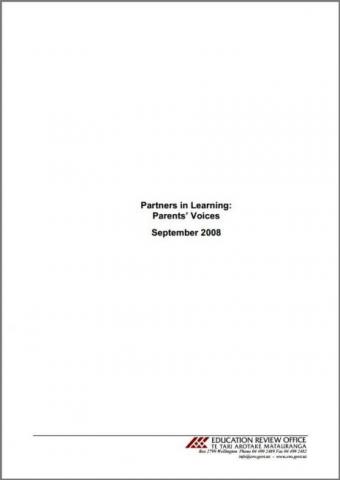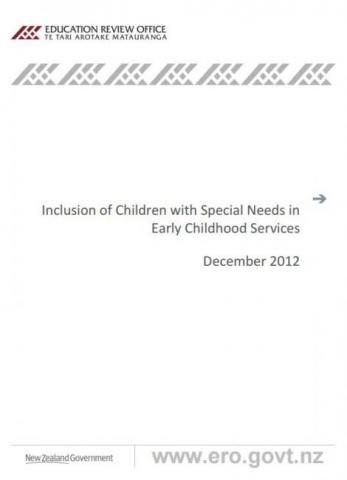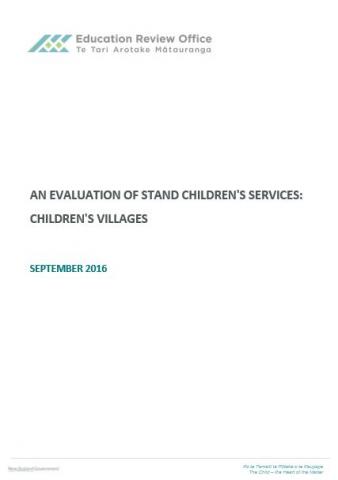Evaluation Indicators for Kura Kaupapa Māori reviews
Published: 04 Jan 2014
We worked closely with Te Rūnanga Nui o Ngā Kura Kaupapa Māori o Aotearoa (Te Rūnanga Nui) to develop and monitor a specialist review methodology for Te Aho Matua kura kaupapa Māori. These indicators are used during reviews in Te Aho Matua Kura Kaupapa Māori.
- Audience:
- Education
- Māori-medium
- Schools
- Content type:
- Basic page
- Topics:
- Māori-medium
- Te Aho Matua





